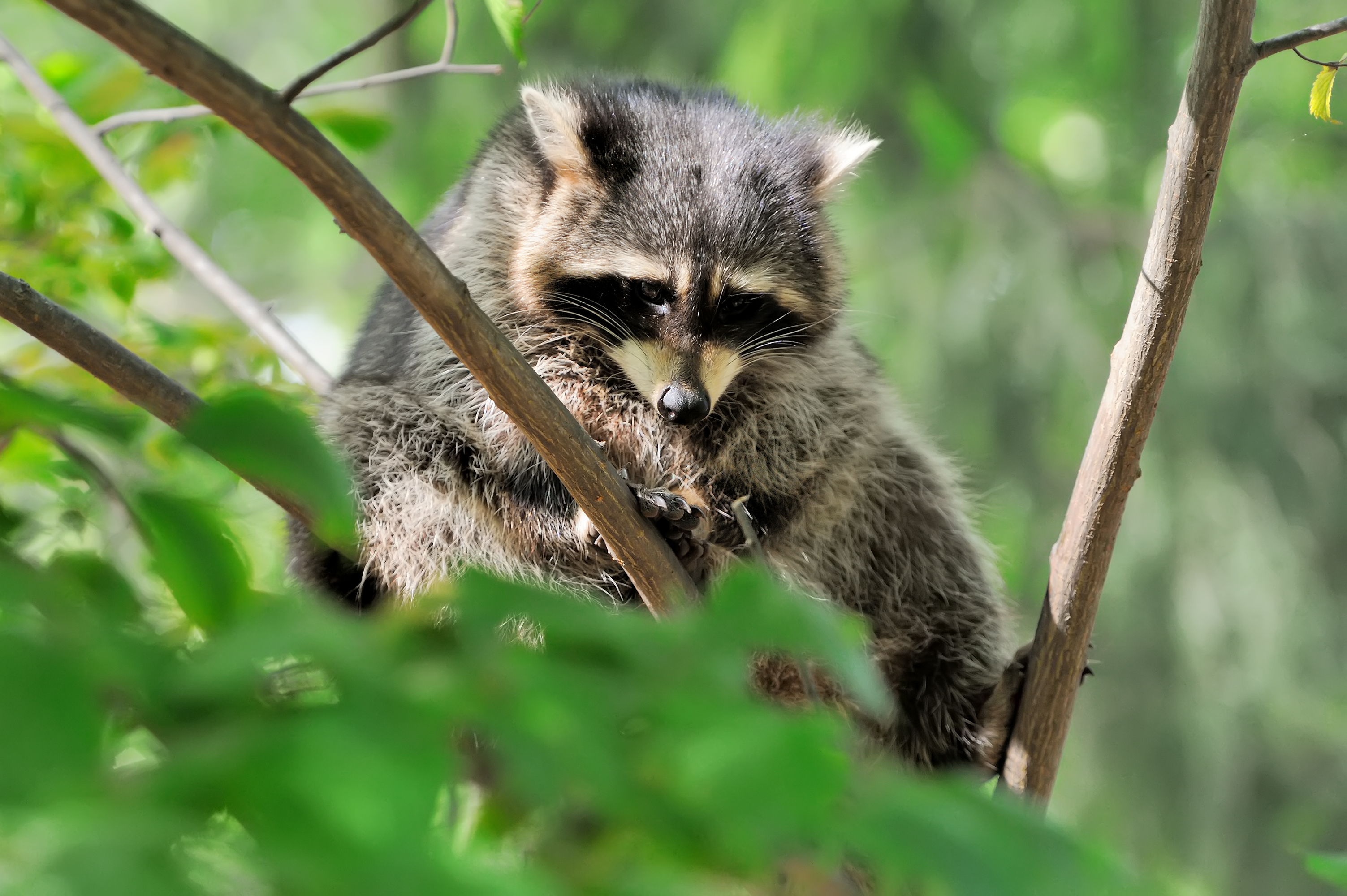10 Fun Facts About Raccoons That Explain Why They’re So Mischievous
2. Nighttime Navigators: The Nocturnal Lifestyle

Raccoons are primarily nocturnal, with their peak activity occurring during the night. This nocturnal lifestyle offers several advantages, including reduced competition for food and decreased predation risk. Their keen night vision and acute sense of smell enable them to easily navigate the darkness, making them highly effective foragers under the cover of night. This adaptation is particularly beneficial in urban areas, where human activity diminishes after sunset, leaving the streets and alleys open for exploration. The nocturnal habits of raccoons also influence their social interactions and communication. They rely on a range of vocalizations, body language, and scent markings to communicate with one another in the dark. Understanding these behaviors provides insight into the complex social structures that raccoons maintain, even when humans are largely unaware of their presence. By embracing the night, raccoons have carved out a niche that allows them to thrive in environments that may otherwise be inhospitable.